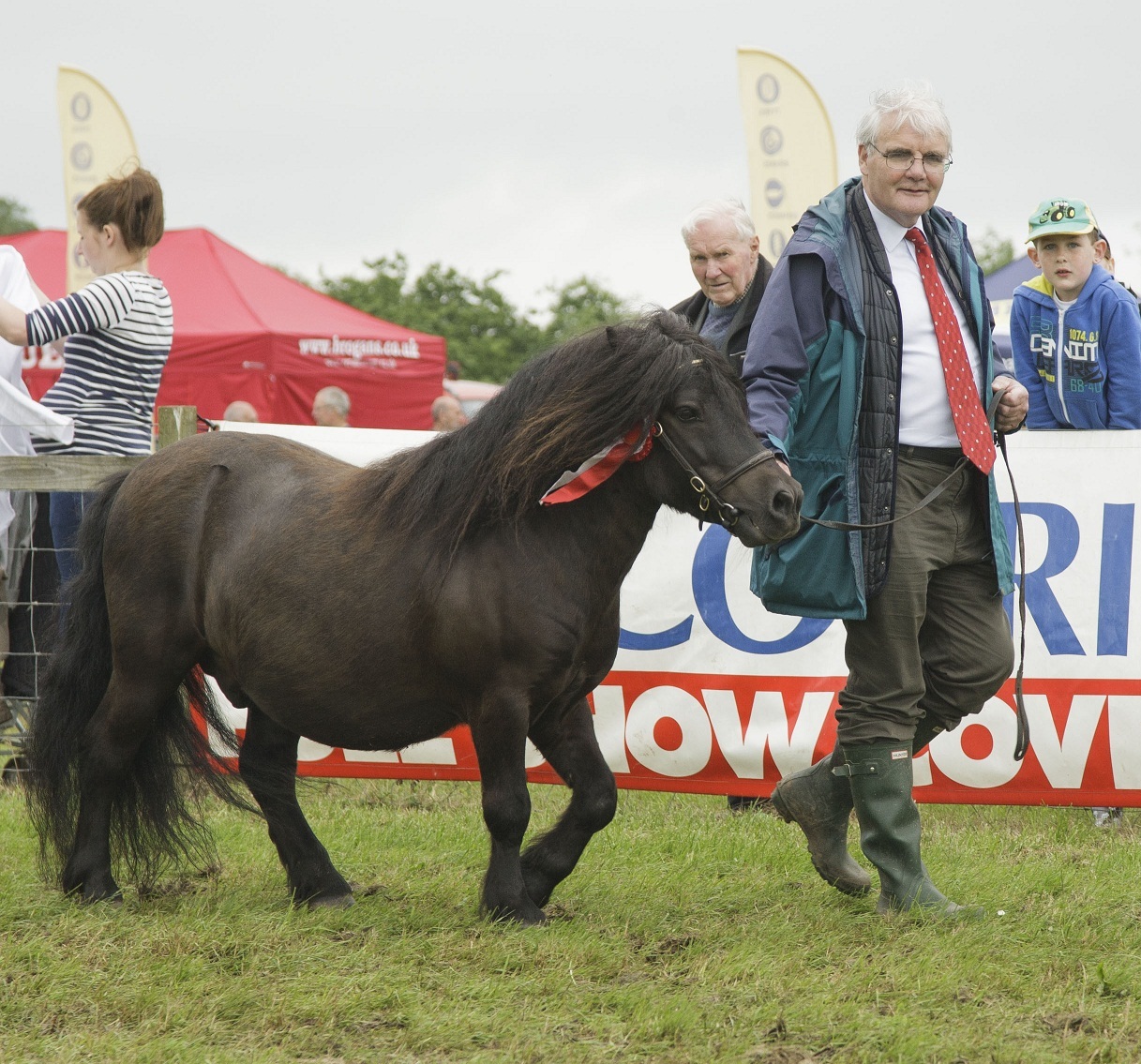It is an established newspaper tradition at this time of year to look back over the last 12 months, but it is something I can never become too excited about.
Just for good form, though I should have a go: the weather was great and the prices were terrible.
That’s it in a nutshell, I think. It is simply the old story of farming’s ups and downs, although writ a little larger than in most other years. This is the first time I have seen the old “up horn, down corn down horn, up corn” adage defeated. It has simply been “down everything”.
But so much for the old year.
It is surely much more exciting to look forward to the new one, and it is going to be a corker.
Apart from anything else the new CAP regime will be in place as soon as this Thursday.
I have some faith that the staff at SGRPID, the clumsily named Scottish Government Rural Payment Inspectorate Directorate, will be able to implement the new regime in all its complexity.
They have never failed to deliver so far, but the challenge they face this time is larger by some degree.
They have also suffered, as has the whole industry, from the lost months of the summer independence referendum campaign. Political eyes were elsewhere over this vital period.
The acid test will be the payment of the first Basic Payment Scheme cheques. If they arrive in December all will be well; if they run into the spring of 2016 it could spell the end of the road for some farm businesses.
Very early in the year, possibly in mid-January, there will be more political action with the unveiling of the findings of the Agricultural Holdings Legislation Review Group.
The report itself will be important in the extreme, but it will be defined by the way it is debated and, of course, ultimately by the legislative programme it inspires.
Having seen the intentions of the new First Minister on land reform I think it is right to be very wary of any attempt to turn tenant farming matters into an ideological political football. The vast majority of landlords and tenants, who go about their business relationships in a pragmatic way, deserve much better than that.
It is interesting that in recent weeks the regular suite of opinion writers for the farming pages of The Courier have all expressed disquiet about Nicola Sturgeon’s land reform proposals.
They have given their frank views as owner occupier, land agent and tenant, and their considered views should not be ignored.
There are other hazards ahead for the coming year, not least the ever-tightening noose that threatens to strangle crop production.
The devil will be in the detail of the EU Plant Protection Products Regulation, and its approach to agri chemicals considered to have “endocrine disrupting properties”.
In plain English these are chemicals that, if ingested in sufficient quantity, would adversely affect the human function, particularly in the digestive tract and the vital organs.
It sounds nasty but, remember, the EU now looks at chemicals on the basis of hazard and not risk. It is like looking at the statistics for casualties caused by buses.
One way to stop the attrition rate would be to ban buses altogether. That would remove the hazard.
The other way is to reduce the risk by advising everyone to be more careful, look left and right and have vehicles with better brakes.
The EU is taking the first approach in regard to chemical regulation and ignoring the safeguards already in place to reduce risk: for example, sprayer driver certification, strict adherence to recommended application rates and minimum residue levels.
As things stand the EU is on course to stick to the hazard approach, and the consequences could be very serious.
The UK’s Agricultural and Horticultural Development Board has just completed an analysis of where the policy might lead. In the worst-case scenario it could see the loss of around 66 products, with a consequent loss in crop production of more than £3 billion or 33% of farm-gate value.
This is a very serious matter, and those politicians who say the industry will adapt and find new methods are deluding themselves and anyone foolish enough to listen to them.
Yes, there are challenges ahead, and that is before the weather and the markets decide what relationship they are to have with each other over the next 12 months.
Good Luck!
